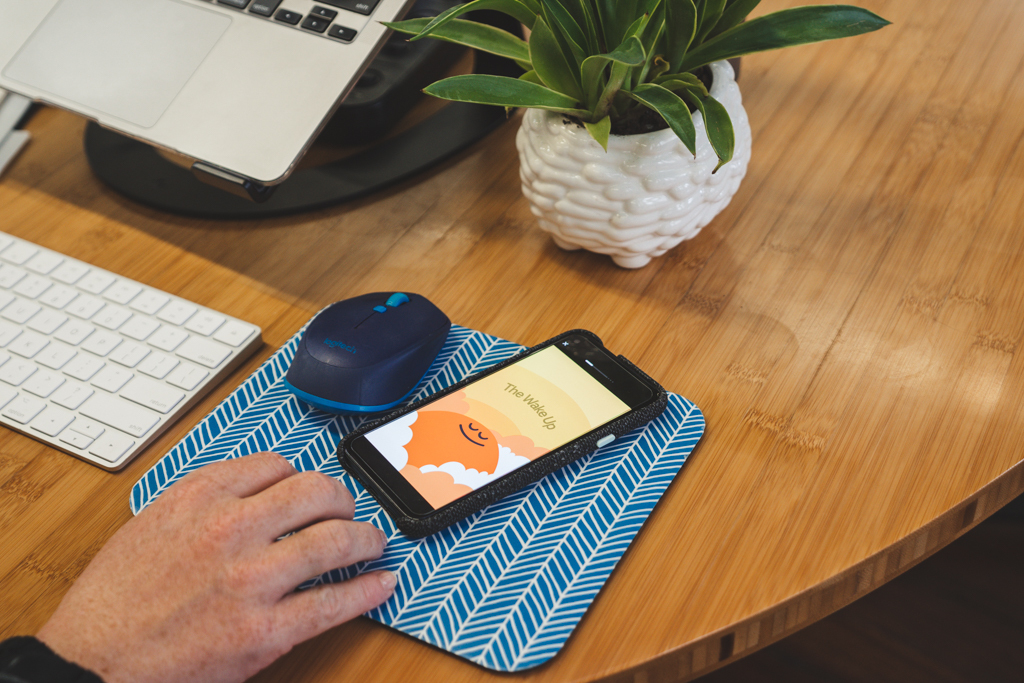Australia is famous for its sandy beaches, unique wildlife, and love for sports. For international students, it’s an exciting place to experience a new culture, gain a quality education, and enjoy the Aussie way of life. Something that may not be immediately obvious is how deeply gambling is ingrained in Australian culture. While many Australians enjoy a casual bet, it’s helpful to be aware of how common it is in everyday life.
Australians spend a staggering $25 billion on gambling each year, with three in four adults reporting they’ve gambled on at least one product in the past 12 months. What’s more, the rate of high-risk gambling in Australia has increased to nearly 14%, surpassing pre-pandemic levels.
A study from the University of Tasmania (UTAS) reveals that international students may be twice as likely to face gambling issues compared to their Australian peers. This vulnerability could stem from unfamiliarity with Australia’s gambling culture, using gambling as a way to socialise, as an outlet for managing stress, or as a response to financial pressures.
In response to the growing concerns around gambling across Australia, the government is currently debating new restrictions on gambling ads. This follows the recent launch of BetStop, a program that allows individuals to voluntarily exclude themselves from gambling activities.
In this guide, we’ll explore the implications of gambling, provide details about BetStop and other helpful resources, and share tips for responsible gambling.
What is BetStop?
BetStop is a new program in Australia that helps people step away from online gambling. It works like an ‘unsubscribe’ button, blocking access to all licensed online betting sites in the country.
Once you’re registered, these betting sites prevent you from creating new accounts and are banned from sending you ads. You can choose how long to stay registered, from three months to a lifetime ban.
Since it launched in August 2023, about 28,000 people, mostly under 40, have signed up. If you or someone you know wants to take a break from online betting, BetStop is a simple and effective option. You can learn more on their website.
The implications of gambling
Rosie Baxendale, a nurse for NSW Health, told Insider Guides that it was common for people to come into the hospital emergency room with health issues related to prolonged gambling sessions. Quite often, they are international students.
She says it’s most common to find they’ve fainted from dehydration or have experienced a seizure due to too much screen time, or being prone to seizures but not taking their medication as they’re too consumed with gambling.
“We’ll have patients coming in from the casino every week, and to hazard a guess I’d say international students with health issues related to gambling come in around once per month,” she says.
“People can be sitting [at the pokies] for hours, they just don’t know how to stop. I’ve heard from colleagues that they’ve even seen people who’ve self catheterised so they don’t have to get up to go to the toilet.
“Most of the time when we have a patient who’s been out of it, when they come to all they want to do is go back to the casino. They don’t want follow-up tests. They don’t want to wait for their blood results. They just want to get discharged as quickly as possible.”
Gambling can be expensive and lead to serious debt. The same report from UTAS found that international students were spending up to $3000 per week on gambling. If you want to look at how much gambling is costing you or someone you know, you can use this online calculator tool from Gambling Help Online. Entering your gambling data might be a wake-up call, but that’s the idea—it helps users see the long-term impact of their gambling habits.
What to look out for
If you’re worried about a friend who you think might be falling victim to the addictiveness of gambling, or you’re even concerned about your own addiction, there are certain things you should be looking out for.
A spokesperson for the NSW Office of Responsible Gambling told Insider Guides some of the telltale signs of a problem gambler:
- Decline in health – poorer hygiene practices, being easily irritated or frustrated;
- Increased substance use and/or smoking habits;
- Change in education/employment status – disengagement with studies, withdrawal from units of study, failing to show up at work or poor performance at work;
- Social withdrawal – distancing from family and friends, unwillingness to participate in social events, leaving events early; and
- Financial stress – financial debt, sacrificing expenses on personal items or household necessities.
“If your friend is displaying any of these signs, create a safe space to talk to them about their gambling problem,” they say. “You may find it helpful to initiate conversations about gambling in a more general sense, or to leave brochures about gambling treatment in their view.”
There are also certain behaviours and situations that can turn someone from an occasional gambler, into someone who is at risk of experiencing serious health and financial issues as a result of long-term gambling. The NSW Office of Responsible Gambling spokesperson says a lack of education around the addictive nature of gambling, or winning a large sum of money early on, are both high-risk situations.
They also cite pre-existing mental health conditions (anxiety, depression, elevated stress) or substance abuse issues as potential catalysts for problem gambling.
Other ways to get help
Whether you’re seeking help for yourself or you’re worried about a friend, it’s important to remember that there’s so much support on offer to you.
Here are the NSW Office of Responsible Gambling’s top 10 tips for those who feel they might have a problem:
- Have a game plan – set a maximum gambling limit before you start and stick to it.
- Leave your debit and credit cards at home and only take with you the amount of cash you can afford to spend.
- Set an alarm on your phone to limit the time you spend gambling.
- Track your betting and keep a record of how much time you spend gambling each week.
- Avoid chasing your losses. Chances are you’ll just lose more.
- Have someone in your life who you can talk to openly about gambling.
- Take up a new hobby, or get back into an activity you used to enjoy.
- Don’t gamble to impress or challenge other people.
- Avoid gambling with people who are big spenders.
- Consider exercising your right to exclude yourself from any gaming venues if you want to cut down, have a break or quit gambling. Gambling counsellors can assist you through this process.
The following organisations can also assist with problem gambling. Many state bodies offer multilingual support, but if you need translation help when calling a hotline or booking or attending an appointment, you can contact the Translating and Interpreting Service (TIS National).
Chinese-speaking: Chinese Gambling Concern Inc.
New South Wales: GambleAware NSW
Victoria: Gambler’s Help
Australian Capital Territory: ACT Gambling Support Service
South Australia: Office for Problem Gambling SA
Queensland: Gamblinghelp
Western Australia: Gambling Help WA
Northern Territory: AnglicareNT. You can also submit a self-exclusion form on the NT Government website to stop yourself from gambling at one or more venues.
Tasmania: Gambling Support Program





